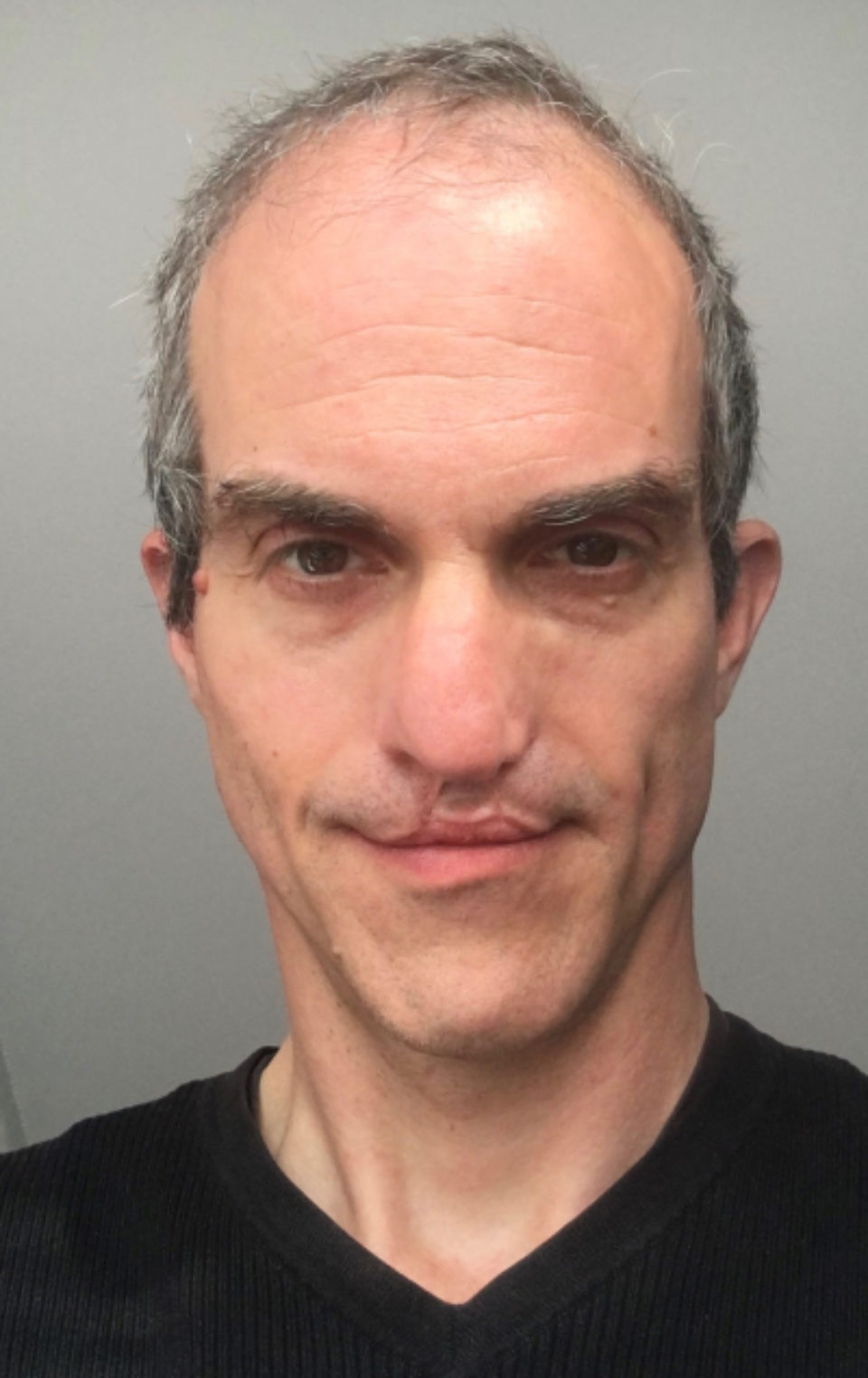How would you describe yourself taking into account your academic and professional background?
I am a behavioural economist. This is a bit of a tautology given that economics fundamentally is about human behavior. The attribute “behavioural” says that I combine the toolbox from neoclassical economics with the insights from psychology and other behavioural sciences. We, economists, have a different kind of method, a different approach from psychology - we try to build rather like generalized models of human behavior that can be expressed in mathematical equations. So, I think psychology and economics complement each other quite nicely.

Robert Koch was one of the founders of bacteriology and, I suppose, people in this field, and not only, associate your name with Robert Koch’s name. How do you feel about it? Is there any relationship between your professional interests and Koch name?
Koch is a very common name in the German speaking countries. There is no family relation with Robert Koch but there is a link to the present study, where people play a cooking game. Koch translates to cook in English.
As Professor and specialist in Economics, what determined you to join SafeConsume team?
There were several motivations for me and my colleagues from the Aarhus University, Dan Mønster and Julia Nafziger, who all do research in behavioral economics, to join SafeConsume. First, raising awareness of food-borne disease and fostering risk-reducing behavior among consumers is a very interesting case. Most of us prepare food every day. Thus, a challenge is how to change habitual behavior, which is a fascinating subject for a behavioral scientist. But it gets even more interesting as cooking is actually quite complex because you need to do a lot of things and to do them at the right time. For example, you need to remember to wash your hands and clean tools at appropriate times to avoid cross-contamination from raw food while often facing time pressure or disturbances. The topic offers a chance to study how nudges work in a rather complex environment. Second, the project offered the chance to do research and at the same time create an online game that can actually have an impact in promoting safer food handling among consumers. Third, we could contribute to a multidisciplinary consortium with our expertise in designing interventions and empirical tools for providing causal evidence.
What is your role in SafeConsume?
We all worked very closely together in designing and running the study. If there is any special role for me to point out, it is coordinating with a fantastic team of game developers at ScienceAtHome at Aarhus University.
In your opinion, what do you think will be the most important results of our project?
The most important result is that a relatively short intervention consisting of watching a 2-minute video and playing an online game for about 20 minutes has an impact on promoting safer food handling practices. What surprised us most was that this effect is not just among young people but fairly consistent from people in their 20s to 60s.
It is well known that a game-based learning method is an efficient one. Which were the expectations regarding SafeConsume game and have you received any feedback yet? Personally, I really like the game, I had fun playing the easy level and I find very useful the advice received at the end of each game.
A lot of participants commented that they enjoyed the game and learned something from it. This is of course something that makes us happy. Actually we had quite a few people playing the game, both in this study and another one that we are running currently. So we had, literally, almost 2000 people that play it. Of course, they had a chance to give feedback, the feedback was positive and that's of course very nice because that's the purpose of the study - to hear that people also felt that they got something out of it and it's not just showing up in the numbers.

Your recent publications are a contribution to the educational field. Are children interested in hygiene and microbes?
I am probably not the right person to answer as SafeConsume was the first time that I worked specifically on hygiene and microbes. Then, our study targeted adults. But from what our colleagues at the e-Bug project in the UK do, I would say the answer is yes.
One of your research topics is measurement of consumer risk-taking. What do you think about the degree of awareness that the consumer has regarding risks?
In our research we could see that consumers already learned new things from the 2-minute information video. While people have some general awareness of the importance of hygiene, which probably already was boosted through the pandemic, our research shows that it is important to translate this into advice on what concrete things to do or not to.
How consumers could reduce exposure to microbiological hazards in order to prevent food-borne illness?
That is one of the questions that we try to address in our study. One take-away is that watching our information video and playing the game is one thing that helps.
Interview by Daniela Lupaşcu
